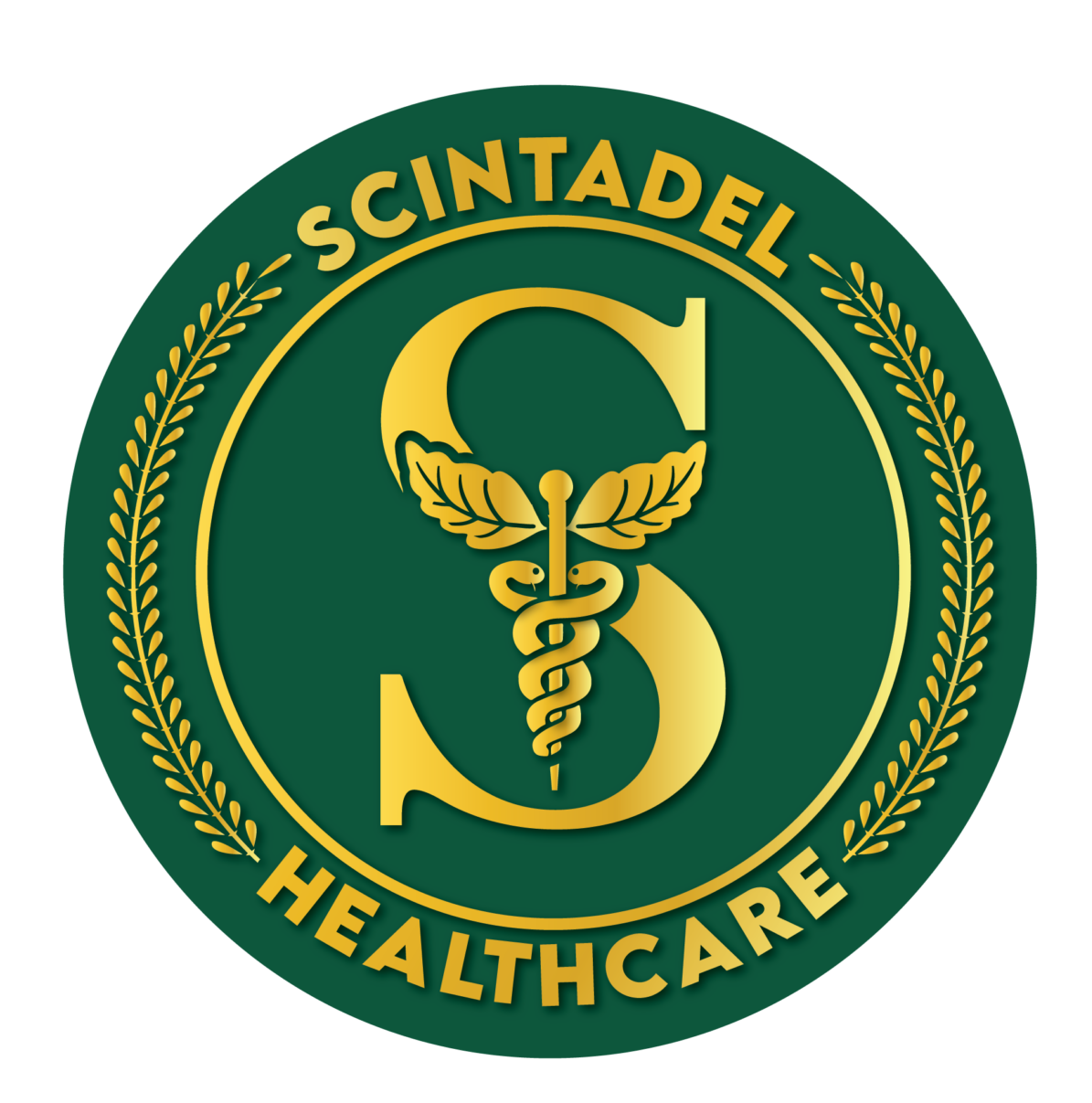
How To Treat Your OCD by Consulting a Psychiatrist in Pasadena
Quick Review
OCD can be disruptive, exhausting, and sometimes isolating, but you don’t have to manage it all on your own. Our experience at Scintadel Healthcare Inc. tells us that the right balance of clinical expertise and compassion makes all the difference in recovery. If you have obsessive thoughts and compulsions that seem to take over your days, seeking professional help is a proactive step. Consulting a psychiatrist in Pasadena can give you clarity on treatment options and the chance to finally reclaim your daily life. In this blog, we walk you through what to expect, how treatment unfolds, and the unique role our local psychiatrists play in healing.
What Are Your First Steps If You Suspect OCD?
Recognizing the signs of OCD is the beginning of change, maybe you’ve noticed endless handwashing, checking rituals, or an inability to stop intrusive thoughts. Sometimes we downplay these habits, chalking them up to “quirks.” But when they consume hours of your time or raise anxiety, that’s when it’s time for a conversation. At our practice, we encourage clients not to self-diagnose or cope alone. Reaching out to a mental health professional is not just brave, it’s practical. The earlier OCD is addressed, the easier it is to develop strategies and keep symptoms from taking root.
How Does a Psychiatrist Approach OCD?
Once you decide to get help, knowing what to expect matters. We find that making an appointment with a psychiatrist in Pasadena transforms a vague sense of worry into an actionable plan. During the initial evaluation, your provider will take time to understand your specific obsessions and compulsions, no rushing, just thoughtful questions. We’ve found that therapy works best when tailored to your particular triggers, compulsive behaviors, and background. “The most effective care always starts with listening, not labeling,” one of our psychiatrists is fond of saying. You can expect a mix of practical guidance, medical insight, and real empathy.
Which Treatments Are Most Effective, and Why?
OCD responds well to a combination of cognitive behavioral therapy (CBT), especially exposure and response prevention (ERP), and, in some cases, medication. We approach CBT not as a one-size-fits-all fix, but as a learning process where we help you face your fears in gradual, supportive steps. Some clients also benefit from medications that help reduce anxiety and obsessive thinking patterns. Importantly, we never rush decisions about medications; everything unfolds in partnership with you. Many of our clients express relief that therapy is goal-oriented and focused on tangible progress, a refreshing change from endless talking with no clear purpose.
What Is the Experience Like During Your Visits?
One common worry is, “Will therapy be uncomfortable or overwhelming?” Our answer: There’s always space for you to set the pace. At Scintadel Healthcare Inc., sessions are collaborative. We review your progress, celebrate wins (big or small), and brainstorm solutions when you hit roadblocks. Most people discover that therapy is equal parts structured (with defined treatment goals) and flexible (room for humor, honesty, and self-expression). “There’s a lot of relief when clients realize their struggle has a name and a solution,” we often hear. Reassurance is just as central as challenge.
Can Depression Therapy in Pasadena Complement OCD Care?
OCD and depression frequently go hand-in-hand. Sometimes the fatigue from constant rituals or intrusive thoughts can trigger low mood; sometimes, depression dulls your motivation to seek help. In the middle of OCD treatment, we may also recommend depression therapy in Pasadena, sometimes within the same practice. Coordinated care means you don’t have to juggle multiple appointments or explain your situation over again. By treating depression alongside OCD, we help break the cycle of avoidance and withdrawal. “Treating both conditions together is like fixing the foundation, not just the paint,” according to another member of our psychiatric team.
How Does Educating Families Make a Difference?
Obsessive-compulsive disorder touches everyone close to you. We often meet parents, partners, or roommates who want to help but aren’t sure what to do. Our role is not just working with you, but giving your loved ones tools for support, what helps, what hurts, and how to respond to setbacks. Family education reduces shame and speeds up recovery. Open conversations also improve outcomes and make home life less stressful for everyone. At Scintadel Healthcare Inc., family involvement is encouraged, but always at your pace and with your input.
What Are the Signs of Progress, and Plateaus?
Improvement in OCD usually comes gradually. At first, the rituals get shorter or less intense before they disappear; sometimes, setbacks arise, and we adjust the treatment plan together. We keep expectations clear and celebrate every gain, no matter how modest. If old patterns creep back in, we re-assess and tweak strategies, never giving in to blame or discouragement. “Progress isn’t always a straight line,” we remind clients; it’s the commitment and the partnership that matter. Our treatment plans are living documents, evolving with your needs and circumstances.
Fresh Close: Your Next Step Toward Freedom
Living with OCD can feel like a never-ending cycle, but with the right support, breakthroughs are not just possible, they’re likely. If you, or someone you care about, are seeking answers, Scintadel Healthcare Inc. is ready to help with scientifically backed and deeply personal psychiatric care. Every client is unique, and our job is to walk alongside you, from the first uncertain call to real, lasting progress. Ready for a different tomorrow? Let’s begin building your plan for relief, resilience, and freedom. Reach out today: Call us at 1 (888) 608-5134 or email: info@scintadelhealthcareinc.com
People Also Ask
- What is OCD and what are its main symptoms?
OCD is a mental health condition marked by uncontrollable, repetitive thoughts (obsessions) and behaviors (compulsions), which can cause significant anxiety and disrupt daily life. - How can a psychiatrist in Pasadena help treat OCD?
A psychiatrist can accurately diagnose OCD, create a custom treatment plan involving therapy and possibly medication, and guide you toward sustainable recovery. - What kinds of therapy work best for OCD?
Cognitive Behavioral Therapy (CBT), particularly Exposure and Response Prevention (ERP), is the gold standard. Medication such as SSRIs may sometimes complement therapy for better results. - Can therapy for depression help if I have OCD too?
Depression therapy in Pasadena can address low mood or motivation often linked to OCD, leading to more effective treatment overall. - How long does it usually take to see improvement in OCD symptoms?
The timeline varies, but many people notice meaningful progress within several months, especially when therapy is regular and closely tailored.

